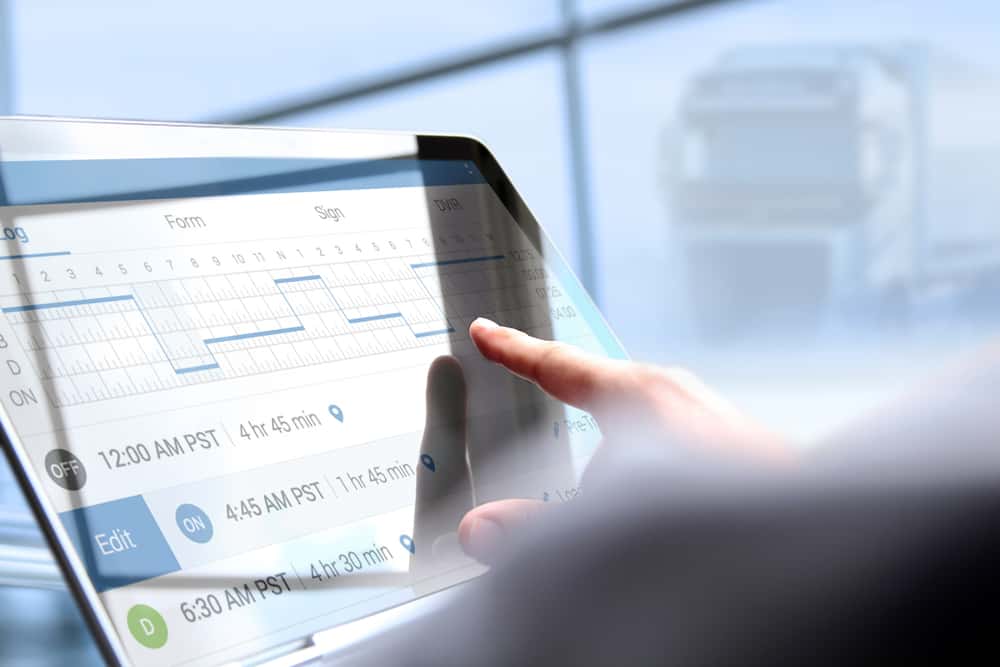
The American Transportation Research Institute (ATRI) is asking fleets to contribute electronic logging device (ELD) data to the group so it can study how the data can assist the industry in terms of safety initiatives and regulatory focus.
“The new data generated by ELDs can provide a wealth of insight and research support to our industry,” said Andrew Boyle, co-president of Boyle Transportation and ATRI board member. “But we clearly need a trusted third-party facilitator to manage and monitor how the information is used. ATRI is uniquely suited to serve that role. In the right context, ELDs can provide the real-world data needed to guide future regulations and initiatives.”
ATRI is asking fleets to provide anonymized ELD data. It said it believes “the industry now has a new opportunity to document and address the many issues that impact driver and carrier safety, operations, and productivity using the more robust data available from ELDs.”
Since ELDs were mandated, carriers have been looking for ways the devices can improve operational efficiency. For instance, some ELDs can be used for IFTA reporting, something that can be a time-consuming and expensive process for fleets.
“Can an ELD accomplish what the FMCSA wants and accomplish the record keeping and the data that IFTA requires?,” Dave Gray, president of North American Transportation Services Association, asked in an interview with FreightWaves earlier this year. “The answer is yes, definitely, and it can be in the carriers’ best interest to have a device that does both because capturing that data automatically can really simplify and automate that whole process.”
Gray noted that ELDs were designed to track the driver, while IFTA reporting tracks the vehicle, so it’s not as simple as using any ELD for the process.
“The ELDs were designed by the FMCSA to capture driver time, and IFTA is all about the vehicle,” he said. “They don’t care about the driver, so the ELD provider needs to understand those differences, especially when it comes to capturing and reporting the data to IFTA.”
ELD data could potentially be used to monitor detention time, and as the government looks at possible solutions for detention time and adjustments to hours-of-service rules, having ELD data could influence potential regulations in these areas.
Doug Schrier, the vice president of product and innovation at Transflo, alluded to this during a panel discussion on using ELDs at FreightWaves’ Transparency18 conference back in May.
“With more data it will be a whole lot easier to write the right regulations and make the right calls,” he said.
Carriers interested in supplying ATRI ELD data can click here to provide a contact person for ATRI to work with on the process.











